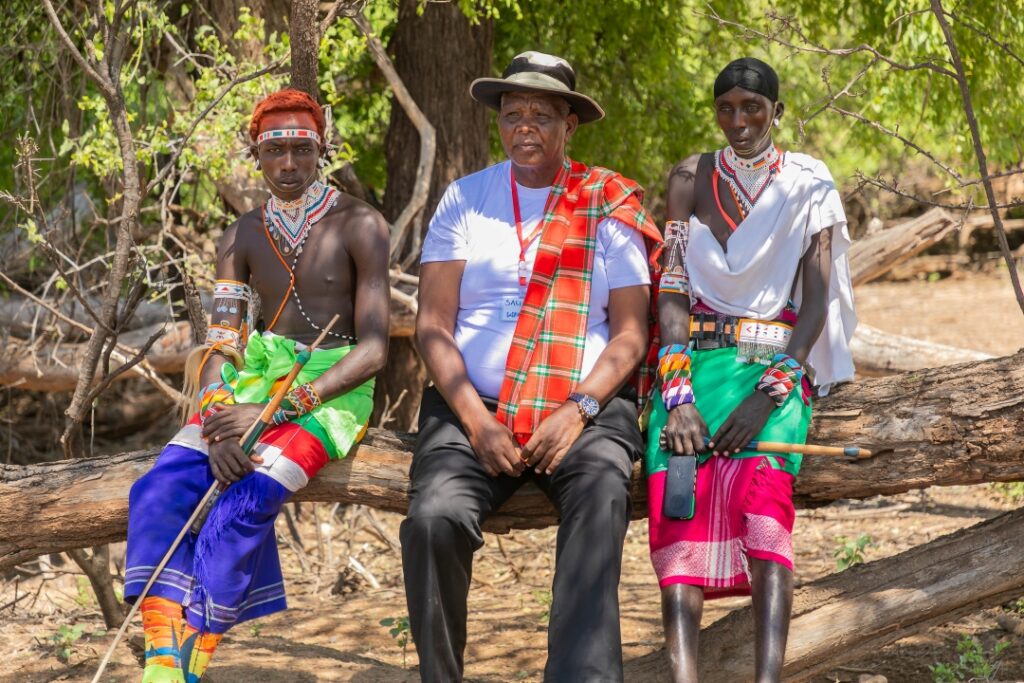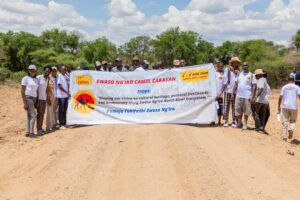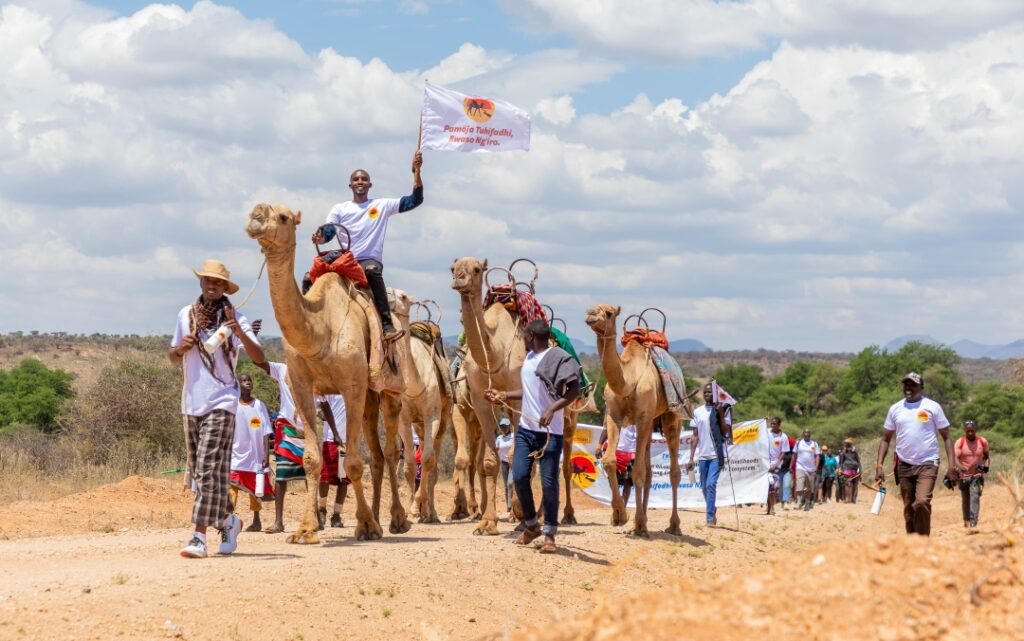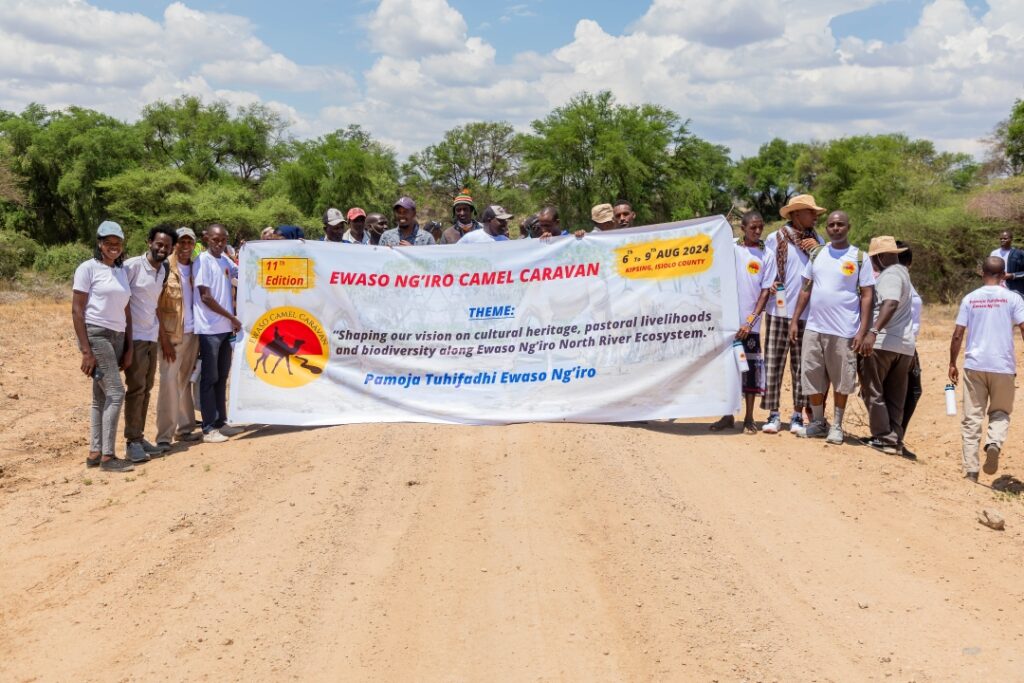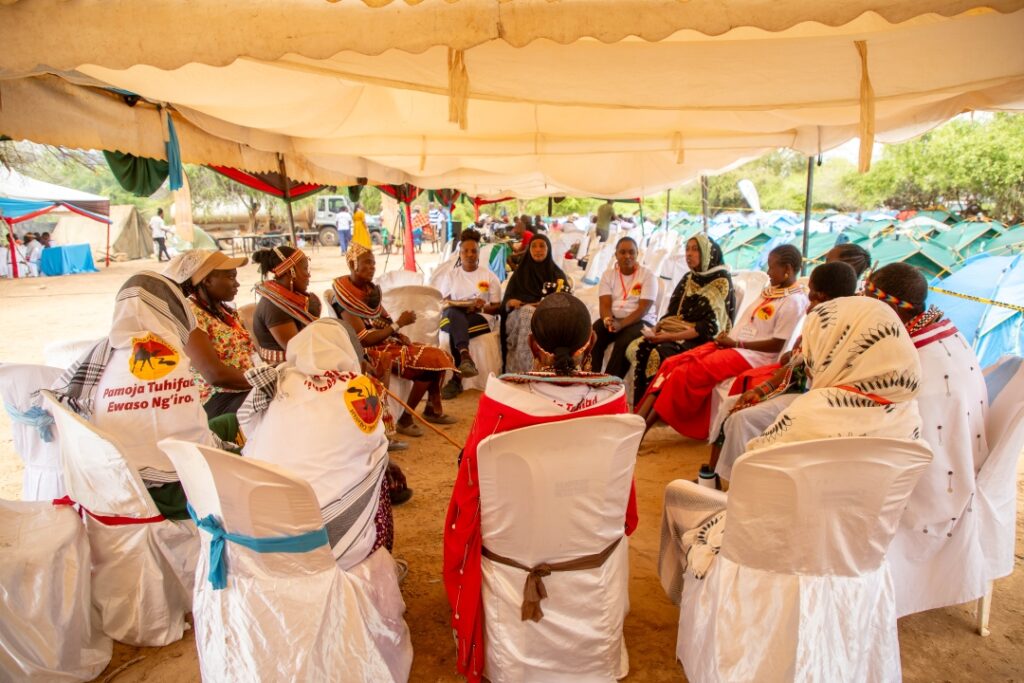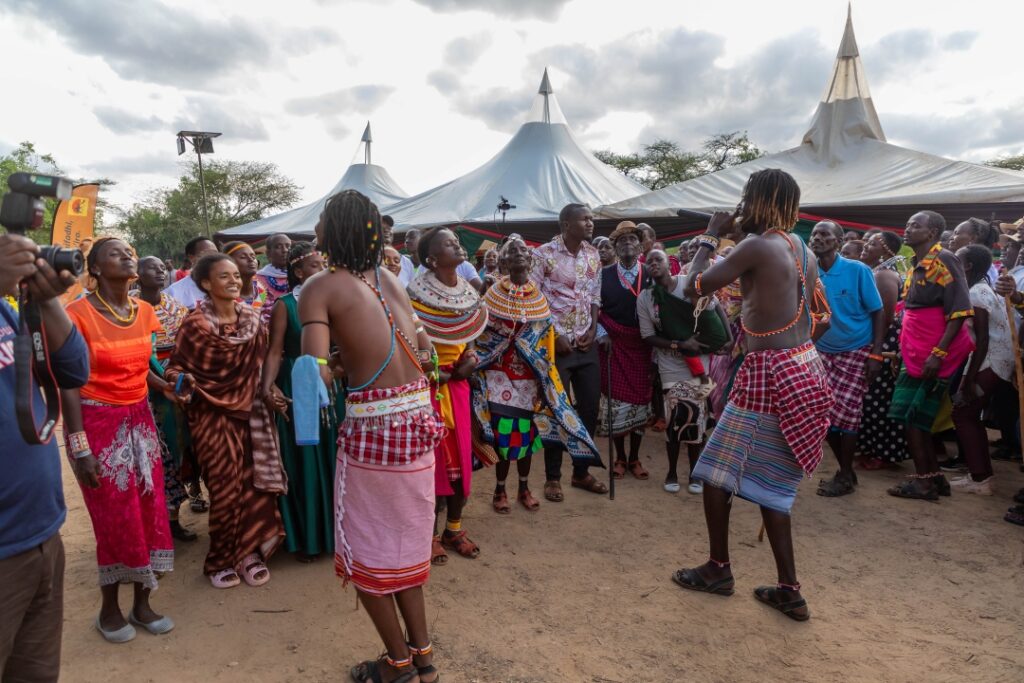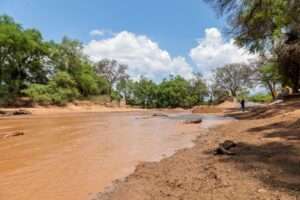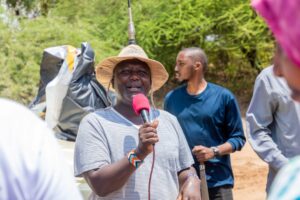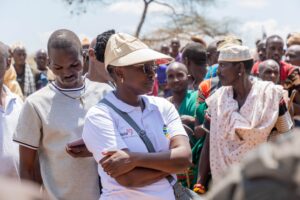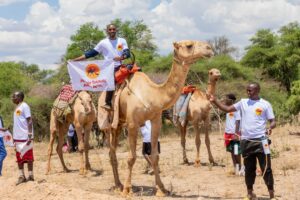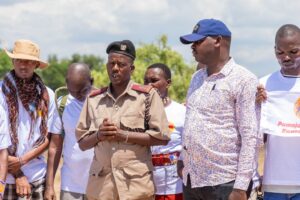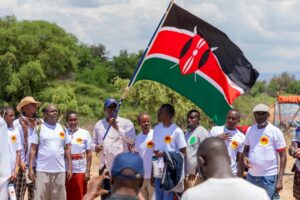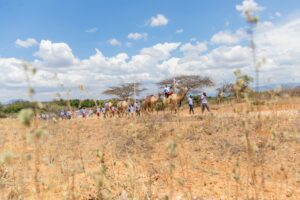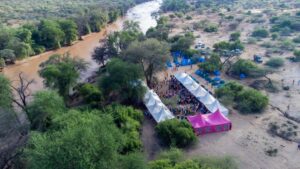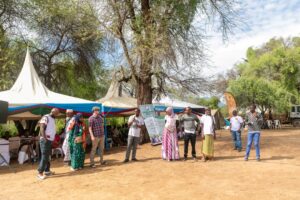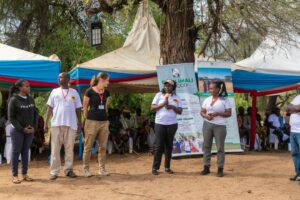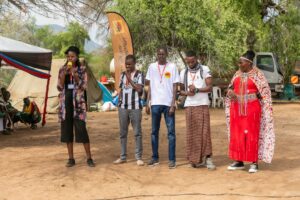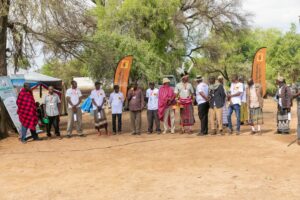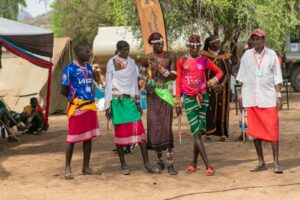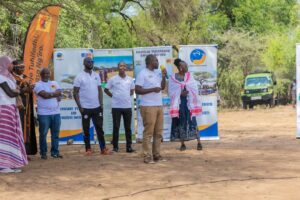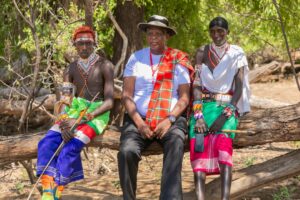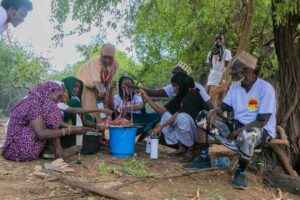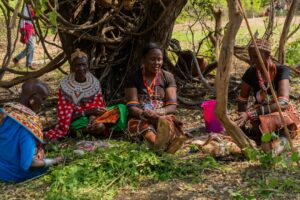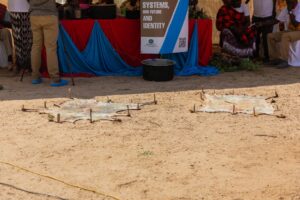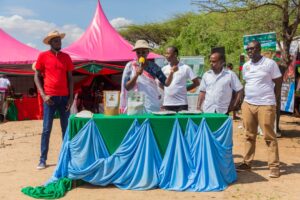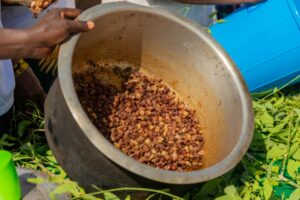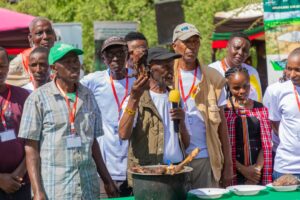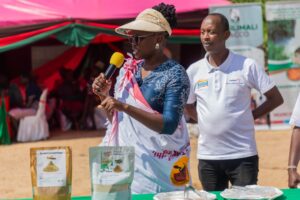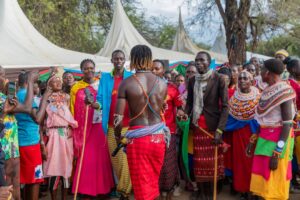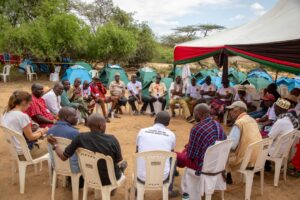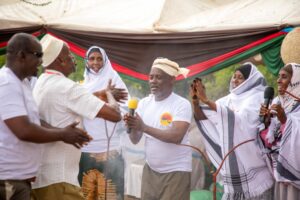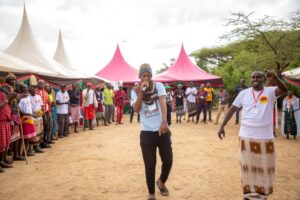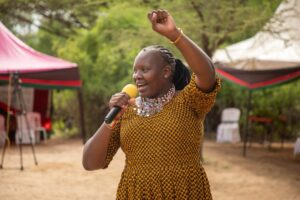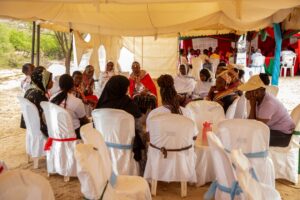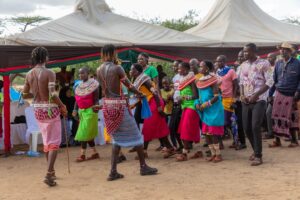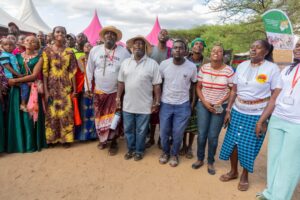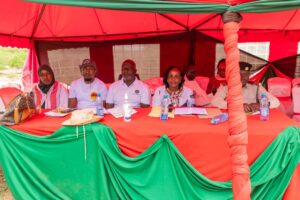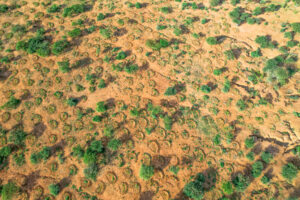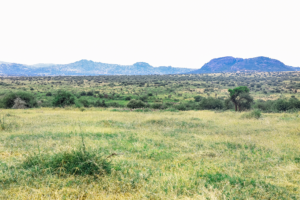Restoring Hope: Galla Goats Revive Livelihoods in Northern Kenya
 For many pastoralist families in Northern Kenya, prolonged droughts have had devastating effects, leading to significant livestock losses and economic hardship. To help communities rebuild, IMPACT, with support from Home Planet Fund, has distributed 600 Galla goats to 120 vulnerable households in Lpus, Ltirimin, Sesia and Nkaroni community lands in Wamba West ward, Samburu East. This initiative is not just about replenishing herds but also restoring hope and resilience.
For many pastoralist families in Northern Kenya, prolonged droughts have had devastating effects, leading to significant livestock losses and economic hardship. To help communities rebuild, IMPACT, with support from Home Planet Fund, has distributed 600 Galla goats to 120 vulnerable households in Lpus, Ltirimin, Sesia and Nkaroni community lands in Wamba West ward, Samburu East. This initiative is not just about replenishing herds but also restoring hope and resilience.
The Struggles of Pastoralist Families
Drought has left many families struggling to maintain their traditional livelihoods. Florence Lemalusia, a resident of Ltirimin in Samburu East, witnessed her livestock perishing one by one. “Every morning, I feared going out to check on my animals, knowing I would find another gone,” she shared. Once owning a thriving herd, she was left with only a few animals as the drought took its toll.
Nashaki Lolngojine from Lodung’okwe village faced similar difficulties. She held onto her goats for as long as possible, only selling them when absolutely necessary. “Despite my efforts, I lost more than half of my herd within a year,” she recounted. For pastoralists like Florence and Nashaki, livestock is not just a source of income but a symbol of stability and survival.
Why Galla Goats?
The selection of Galla goats for this initiative is strategic. Known for their resilience in arid conditions, they grow quickly and provide both milk and meat, making them a sustainable option for rebuilding herds. According to Serianae Lenawualbene of IMPACT, “Galla goats adapt well to harsh climates and gain weight rapidly, making them a valuable asset for pastoral communities.” Their size, with some reaching up to 70 kg, enhances their market value, contributing to economic recovery.
Empowering Communities for a Sustainable Future
Each participating household receives five Galla goats, providing them with a foundation to gradually rebuild their herds. Since 2024, a total of 1,540 Galla goats have been distributed in Laikipia, Samburu, and Isiolo counties, benefiting over 300 households.
IMPACT’s initiative extends beyond livestock distribution. By equipping families with resilient animals, the program promotes long-term food security, financial stability, and climate adaptation. The gratitude expressed by the beneficiaries and community leaders underscores the profound impact of this support.
beyond livestock distribution. By equipping families with resilient animals, the program promotes long-term food security, financial stability, and climate adaptation. The gratitude expressed by the beneficiaries and community leaders underscores the profound impact of this support.
Through collective efforts, we are fostering a future where pastoralist communities can thrive despite environmental challenges.

